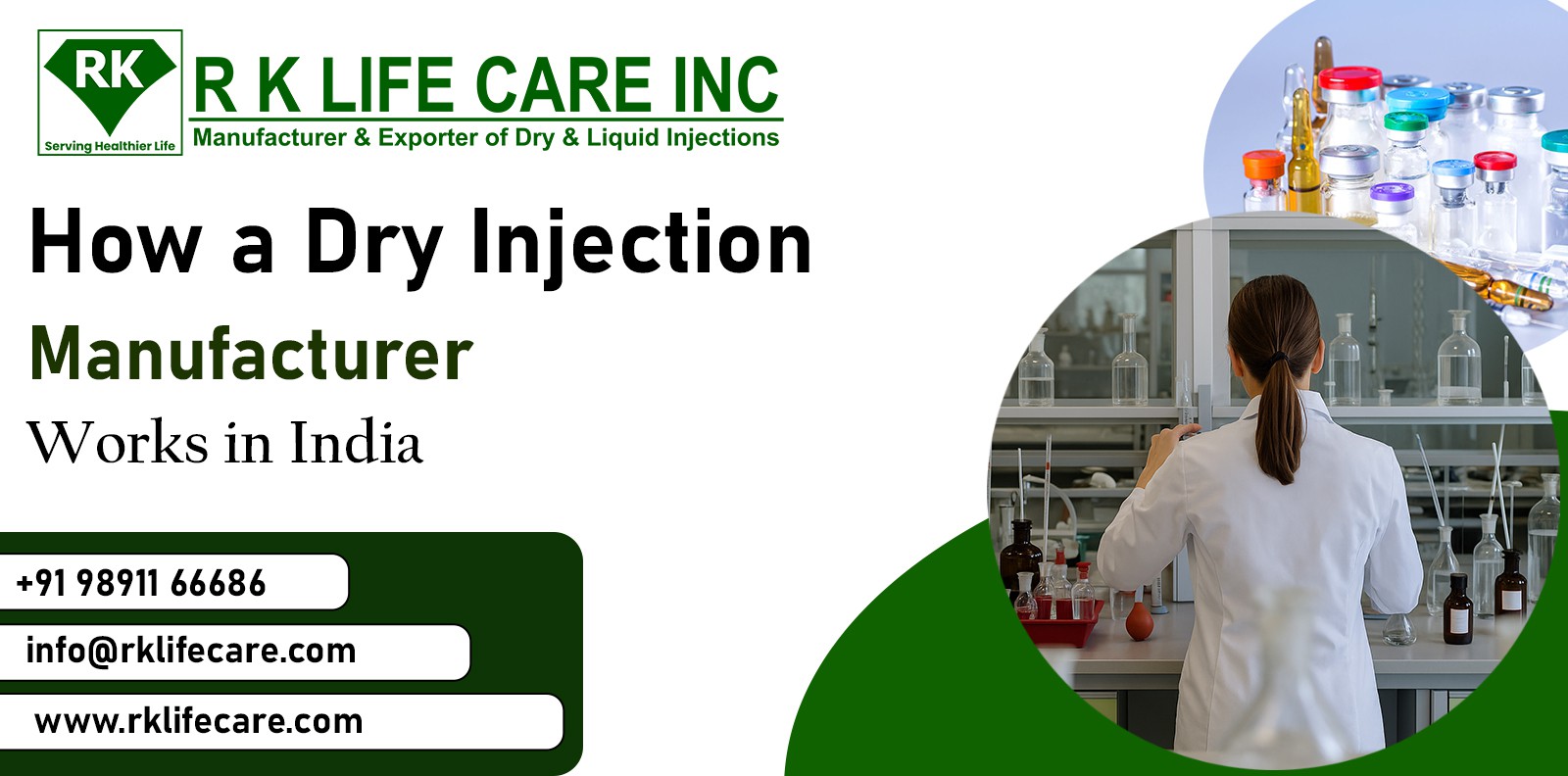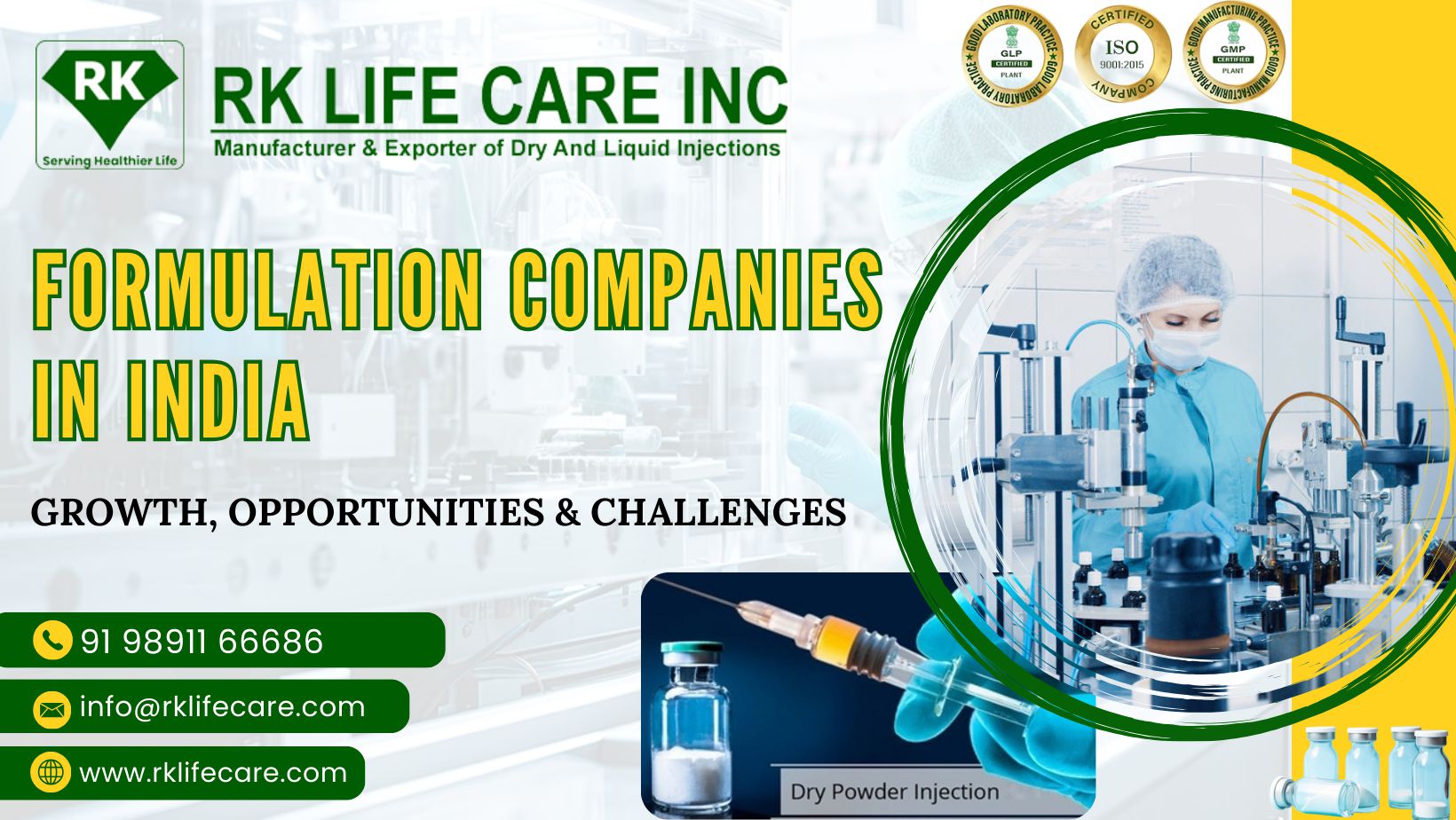.jpg)
The pharmaceutical industry operates in a world where precision, safety, and regulatory compliance are paramount. As the global demand for high-quality medicines increases, manufacturers face the challenge of producing more while maintaining stringent standards. This is where process automation solutions play a transformative role.
Automation helps pharmaceutical companies streamline workflows, minimize errors, enhance product quality, and ensure regulatory compliance – all while improving overall efficiency. This blog explores how automation is reshaping pharmaceutical manufacturing and why it is essential to modern production.
What is Process Automation in Pharma?
Process automation involves using advanced technologies such as computerized controls, robotics, SCADA systems, and AI to perform manufacturing tasks with minimal human intervention. These automated systems ensure consistent production, precise measurements, and efficient resource utilization.
In an industry where high accuracy is required, automation provides the reliability, repeatability, and control necessary for safe, compliant manufacturing.
Key Automation Solutions in Pharmaceutical Manufacturing
1. Distributed Control Systems (DCS)
DCS platforms manage complex continuous processes such as fermentation, chemical synthesis, and formulation. They ensure stability, control critical parameters, and provide real-time monitoring to maintain consistent quality.
2. Programmable Logic Controllers (PLC)
PLCs are used for fast, repetitive, and discrete tasks such as packaging, filling, labeling, and inspection. They improve speed, reduce downtime, and provide robust control over multiple production stages.
3. SCADA System
SCADA (Supervisory Control and Data Acquisition) integrates with sensors, PLCs, and equipment to collect and display production data. It helps operators monitor processes, quickly identify problems, and maintain traceability.
4. Manufacturing Execution System (MES)
MES bridges the gap between shop-floor operations and enterprise management. It manages batch records, recipes, electronic signatures, workflows, and compliance documents according to GMP and 21 CFR Part 11 standards.
5. Robotics and Automation Machinery
From aseptic handling to automated packaging, robotics ensures precision and reduces the risk of contamination. Robots are particularly crucial in high-risk or sterile environments.
6. AI and Machine Learning
AI enables predictive maintenance, smart scheduling, and real-time process optimization. Machine learning algorithms analyze production data to identify trends and prevent deviations.
Benefits of Process Automation in Pharma
1. Consistent Product Quality
Automation ensures that every batch follows the same controlled steps and parameters. This reduces variability, increases reliability, and ensures high-quality, safe medications.
2. Reduced Production Costs
By minimizing errors, optimizing energy usage, and reducing manual labor, automation lowers overall production costs and increases profitability in the long run.
3. Reduced Batch Failures
Real-time monitoring and automated controls help detect anomalies immediately. Timely corrections prevent costly batch rejections and reduce waste.
4. Improved Resource Utilization
Automation optimizes the use of machinery, materials, and manpower. Equipment operates more efficiently, materials are measured precisely, and employees can focus on more critical tasks.
5. Faster Time to Market
Simplified processes, faster documentation, and reduced production delays enable companies to launch products quickly and meet growing market demands.
6. Real-Time Visibility of Operations
Automation provides live dashboards and data insights, enabling faster decision-making, efficient troubleshooting, and improved production control.
The Future of Pharmaceutical Automation
The next wave of innovation will focus on:
- Continuous manufacturing for higher efficiency
- Digital twins for predictive simulation
- Advanced robotics for sterile environments
- AI-powered quality monitoring
- Cloud-based systems for scalable control and data management
These advancements will propel the industry toward smarter, more flexible, and highly connected manufacturing systems.
Conclusion
Process automation is reshaping pharmaceutical manufacturing by ensuring consistent quality, improving compliance, and increasing overall efficiency. With technologies like DCS, SCADA, MES, robotics, and AI, manufacturers can optimize operations and deliver safe, high-quality medications at scale.
RK Life Care Inc continues to embrace these advanced automation solutions to strengthen production reliability, enhance patient safety, and become a leader in modern pharmaceutical manufacturing. By investing in cutting-edge technologies, RK Life Care

09 Feb 2026

07 Feb 2026
.jpg)
06 Feb 2026

04 Feb 2026

02 Feb 2026